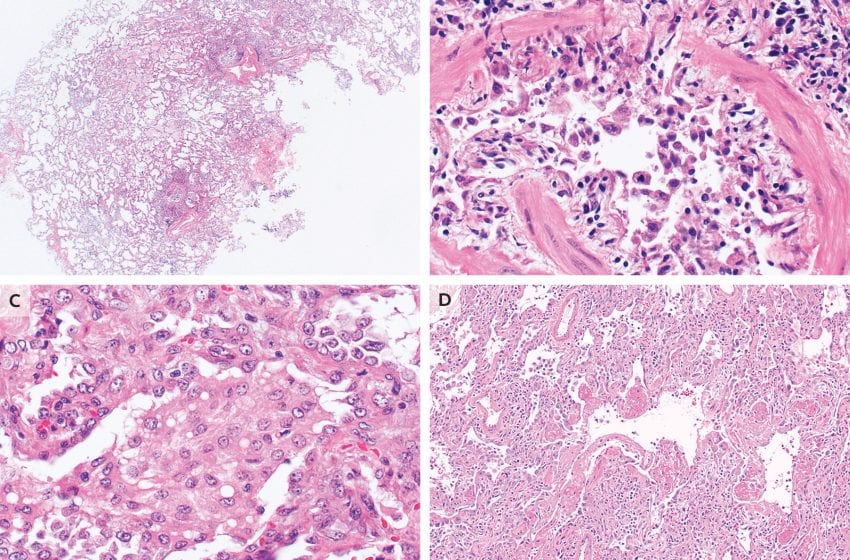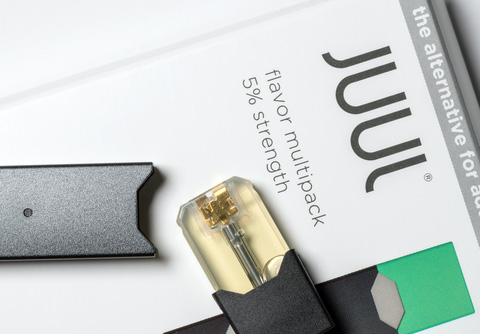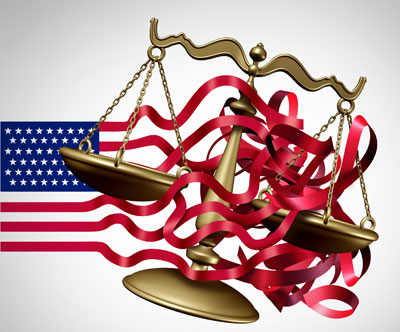The U.S. Federal Trade Commission (FTC) has started an investigation of e-cigarette companies’ marketing practices. The commission has issued orders to Juul Labs, R.J. Reynolds Vapor Co., Fontem US, Logic Technology Development, Nu Mark and NJOY seeking information on the companies’ sales, advertising and promotional methods between 2015 and 2018.
According to the agency, the study will complement similar FTC studies on cigarettes and smokeless tobacco products. The goal is to assist the commission, policy makers and the public to better understand the rapidly growing e-cigarette market.
Among other things, the commission orders seek: annual data on the sales and giveaways of e-cigarette products; information about the characteristics of the companies’ e-cigarette products, such as product flavors; annual amounts the companies spent on advertising and promoting e-cigarette products; and information about e-cigarette product placement, the websites and social media accounts used to advertise or sell e-cigarettes, affiliate programs, influencer marketing and college campus programs.
The FTC move follows a series of unresolved vaping-related deaths and hospitalizations in the U.S. As of Oct. 4, the Centers for Disease Control and Prevention had recorded 1,080 lung injury cases and 18 deaths across the nation.











